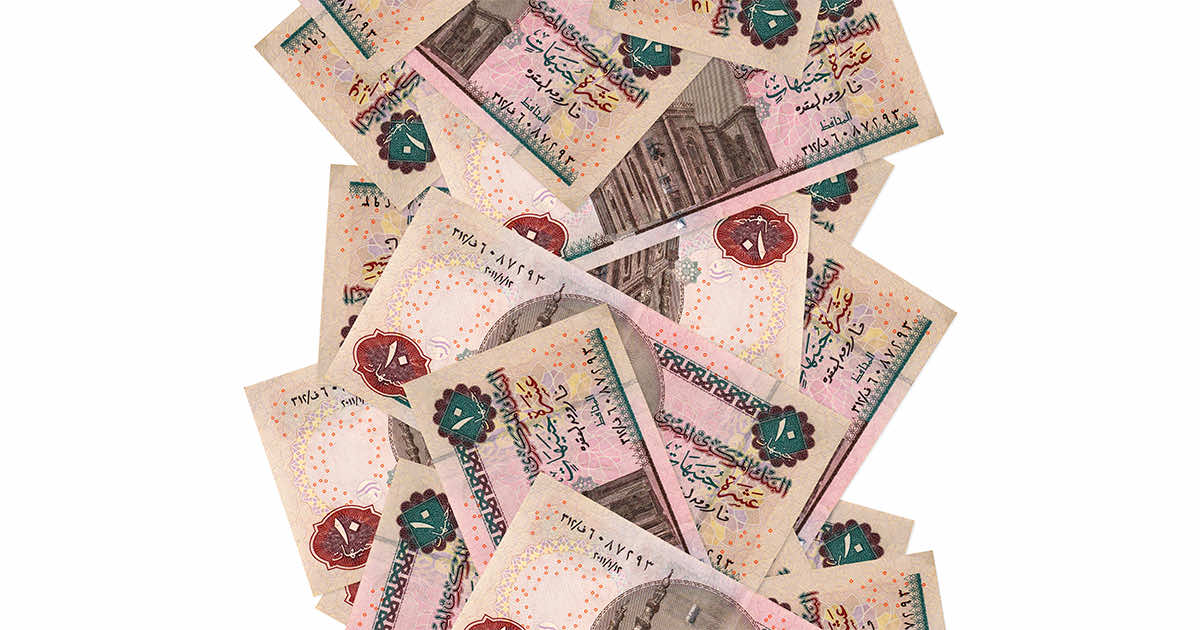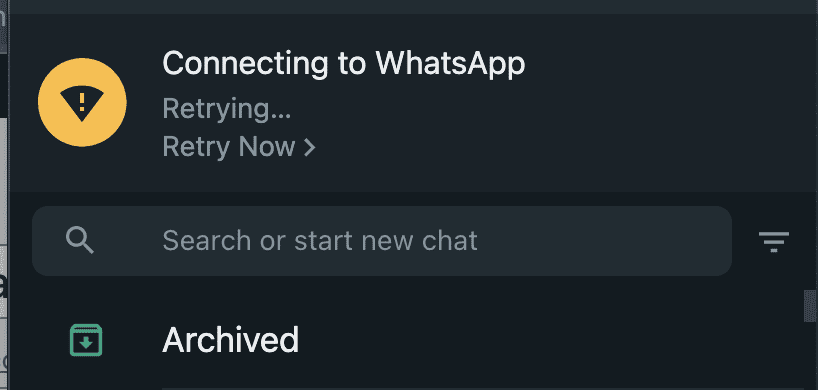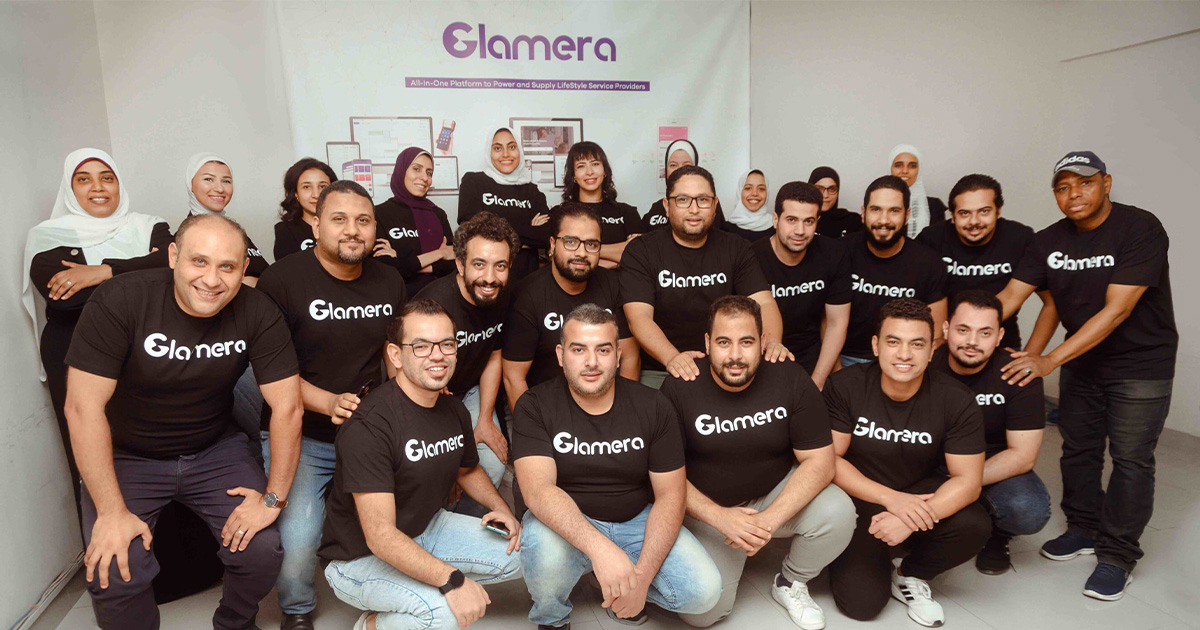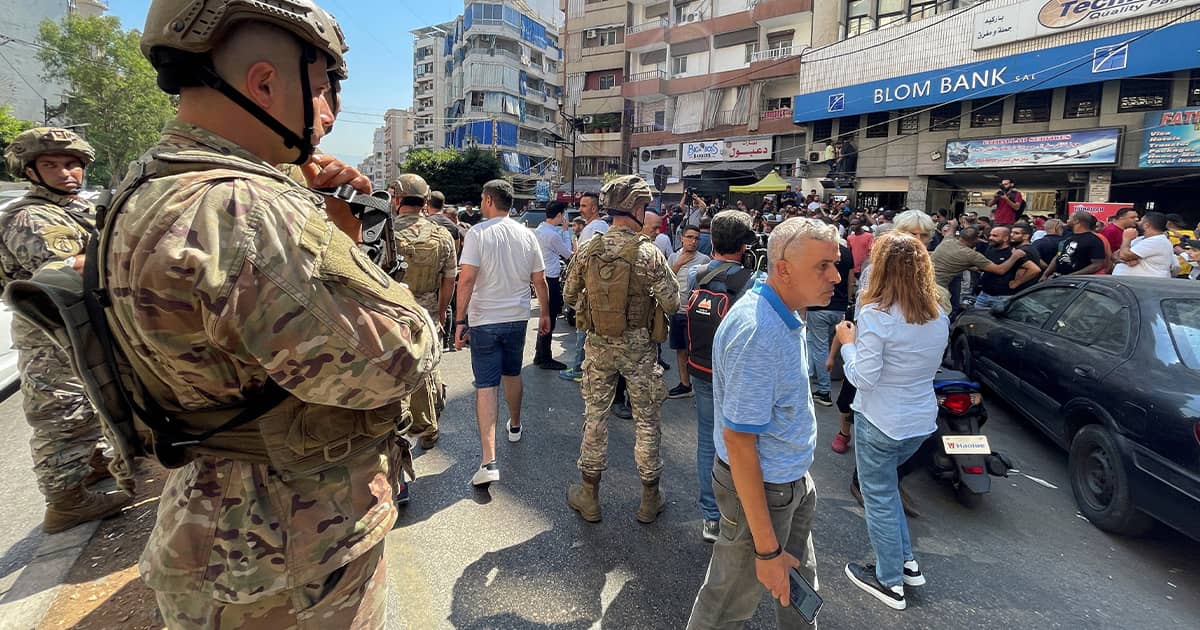The shared mobility market in the MENA region is set to expand with a compound annual growth rate of 18.4% from 2022 to 2030 as the yearly demand is predicted to witness a 16.9% increase, according to Grand View Research Inc.
The shared mobility technology landscape, including ride-sharing, car-renting, and taxi-ordering models, has increased since global players such as Uber and Lyft swept the field.
We’ve compiled a list of the MENA region’s most funded ride-sharing startups:
Total funding amount: $771.7 million
Founders: Mudassir Sheikha and Magnus Olsson
Investors: Alpha Partners, Arzan Venture Capital, BECO Capital, Bild Alternative Investment, Coatue Management, and 22 others
Headquarter(s): UAE
Recognized to be the Middle East’s first unicorn startup, Careem has transformed the ride-hailing sector in the region, attracting global competition and acquisitions to the industry.
The company first started as a car-booking app. It later entered the food delivery space and now operates as a super app.
Founded in 2012, Careem is the second most funded startup in the region. It obtained unicorn status in 2018 and was later acquired by global ride-hailing giant Uber for $3.1 billion in 2020.
Total funding amount: $264 million
Founders: Mostafa Kandil, Mahmoud Nouh and Ahmed Sabbah
Investors: BECO Capital, Endeavor Catalyst, MSA Capital, Oman Technology Fund, Arzan Venture Capital, Sawari Ventures, VNV Global, and others
Headquarter(s): Founded in Egypt, based in the UAE
Founded in 2017, Swvl is a tech-enabled mass transit solutions provider offering intercity, intracity, business-to-business, and business-to-government transportation services.
The company is another unicorn founded in the MENA region, also listed on the Nasdaq.
Currently operating in 20 countries across four continents, Swvl went public after it completed a merger with particular purpose acquisition company Queens Gambit Growth Capital and was valued at $1.5 billion in March 2022.
Total funding amount: $146.4 million
Founders: Ahmed Mohsen, Mohamed Aboulnaga, and Mounir Nakhla
Investors: Lorax Capital Partners, Disruptech Ventures, Bossanova Investimentos, Middle East Venture Partners (MEVP), Endeavor Catalyst, CDC Group, Apis Partners, and others
Headquarters (s): Egypt
Founded in 2017, Halan provides two and three-wheeler vehicle rides and on-demand logistics. It allows customers to request motorbike or tuk-tuk rides or order food or goods for delivery via motorbikes or cargo tricycles. The application also caters to businesses, offering smart-tech last-mile delivery through integrated smart services using motorcycles and tricycles.
The startup also offers on-demand logistics solutions to support large organizations and small businesses in their distribution and supply chains. It also provides convenience and safety while it offers incremental business for the driver. The application has partnered with fast-food chains like McDonald’s, KFC, and Pizza Hut in Egypt.
Total funding amount: $43 million
Founders: Noureddine Tayebi and El-Mahdi Yettou
Investors: Y Combinator, P1 Ventures, French Partners, ACE & Co., Venture Souq, WndrCo, DN Capital, Kismet Capital, Spike ventures, Quiet Capital, Endeavor Catalyst, FJ Labs, Venture Souq, Nellore Capital, Moving Capital, and other investors
Headquarter (s): Algeria
Established in 2017, Yassir offers on-demand services such as ride-hailing and last-mile delivery in 25 cities across Algeria, Canada, France, Morocco, and Tunisia, with over 3 million users.
The startup started as a ride-sharing platform and later became a super app adding last-mile delivery and financial services for its users.
The company raised $30 million in series A funding in June 2021 in a bid to expand into Western Africa and Europe in 2022.
5. ekar
Total funding amount: $34 million
Founder: Vilhelm Hedberg
Investors: Polymath Venture, Audacia Capital, and other
Headquarter (s): UAE
Founded in 2016, ekar offers on-demand access to a network of car-share, subscription leasing vehicles, and other mobility options, including peer-to-peer rentals.
Operating across seven cities with a fleet of 2,300 vehicles and 250,000 users in Saudi Arabia and the UAE, the company is one of the region’s first fully contactless car-sharing apps.
The company raised $17.5 million in series B funding in 2019, announced its launch in Thailand in 2022, and plans to expand into Malaysia, Turkey, and Egypt later in the year.
Total funding amount: $17.3 million
Founders: Nicholas Watson and Hasib Khan
Investors: Cultiv8 and Oman Holding International
Headquarter(s): UAE
Another car rental app Udrive provides a pay-per-minute rental service for UAE residents and tourists, clocking in over 2 million trips.
Founded in 2016, the company allows users to pick up a car from any location available and is then returned to any parking location in the same city.
In its latest funding round, Udrive raised $5 million to support its plans to expand in the Middle East and enhance its technology.
7. Fenix
Total funding amount: $5 million
Founders: Jaideep Dhanoa and IQ Sayed
Investors: Emkan Capital and Panthera Capital Ventures
Headquarter(s): UAE
Established in November 2020, Fenix provides a different kind of mobility using electric scooters on a subscription-based service.
Founded by two ex-Careem executives, the company has one of the largest electric vehicle fleets in the region as it operates in four cities.
In 2021, the company raised a $5 million seed funding to support its goals to become the first national micro-mobility operator in the Gulf Cooperation Council.
Total funding amount: $4.2 million
Founder: Abdulkader Almkinzy
Investors: 500 Startups, Saudi Venture Capital Co., Impact46, and others
Headquarter(s): Saudi Arabia
A car rental platform, Telgani allows users to rent a car through its mobile app that is then delivered to their doorstep.
Founded in 2018, the company also enables users to pick the car and the location they want to travel to and provides them with nearby options.
In November 2021, Telgani secured a $2.5 million pre-series A funding led by Saudi venture capital firm, Impact46.
Total funding amount: $3 million
Founder: Kayla Kroot
Investors: CEG Invest and Taurus Wealth
Headquarter(s): UAE
KOI Ride is a B2B ride-hailing service startup that offers end-to-end ground transport services and connects online booking portals with licensed transportation providers.
Established in 2015, the company offers services in Dubai, London, New York, Las Vegas, Cancun, Istanbul, Bodrum, Antalya, Izmir, and Dalaman.
In June 2022, KOI Ride raised $3 million in an investment round to support its expansion into 24 cities across Europe, the Americas, and the Middle East.













